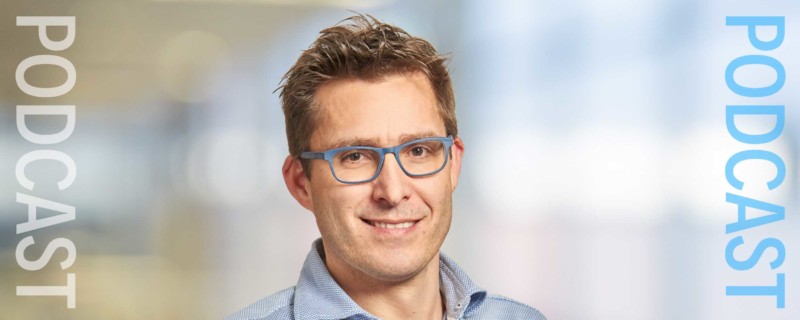
Balancing Risk, Cost and Speed During Clinical Development While Still Maintaining Quality
Podcast: Download (Duration: 11:27 — 15.7MB)
Subscribe Here: Apple Podcasts | Spotify | RSS | More
Subscribe to the Cell Culture Dish Podcast on: iTunes | Google Play
Hosted by: Brandy Sargent
Guest:
Company: MilliporeSigma
Job Title: Vice President, End-to-End Processing Solutions within Process Solutions
Show Notes
I began the interview by asking Mr. Cournez if he could talk about how MilliporeSigma works with emerging biotechnology companies. He said that developing and implementing a clinical material process can be time consuming and complex. He explained that MilliporeSigma is a CDMO partner for startups and small biotechs that are developing commercial biological drugs. They help these companies balance speed and cost by providing a comprehensive suite of products and services to accelerate clinical biopharmaceutical development, scale up production processes, and design and implement single-use commercial production facilities. In addition, they do not just focus on the technical and quality phase of drug development, they also prepare supporting information for regulatory agencies. They make sure companies get all the support they need to explain to agencies what is in the dossier and answer their questions. Most importantly, they want to make sure that their customers are successful.
Next I asked Mr. Cournez how working with a CDMO is different than working with multiple suppliers. He said that after finalizing their strategy, small biotechs need to decide on how they want to structure their team. They have to ask whether they have all the expertise they need in-house or if they need to work with a partner to cover the considerable needs of process development, chemistry, manufacturing, control, filling and regulatory affairs. Many small biotech companies will choose to work with a partner and choosing a partner should not be taken lightly. Mr. Cournez said he feels it is key to the success of the project. Ideally the CDMO partner can interface with most of the individual suppliers and cover most of the requirements, but the biotech company does need an in-house person to work with the CDMO. At MilliporeSigma, they have a one dedicated project manager for each of their clients.
I then asked how small biotechs can collect material quickly and cost effectively to reach the pre-clinical stage. He said that this is where a CDMO can offer a real benefit. At MilliporeSigma, he explained, they learn from previous projects where time and money can be saved. He said they recently identified a two month time savings on the development of a molecule for a client.
Next we talked about how a CDMO can be instrumental during analytical development. He explained that analytical development is a critical part of the development process. Molecules can be really complex with no way of knowing what issues may arise. This is why analytical methods development and process development must work side by side to create a seamless process.
I then asked Thierry about what he thinks are the key considerations that small biotechs need to consider when working toward clinical development. He said that clinical development for a biotherapeutic is long and very challenging. Companies need to move quickly through the early clinical phases while demonstrating direct safety and efficacy. At the same time companies need a reliable process for producing clinical materials that ensures they will meet all quality and regulatory requirements. Long term, companies need to consider the final cost of their drug at commercial scale. Because of the complexity of this process, relying on an experienced partner can really help navigate these decisions early and be informed of everything that could impact decisions down the road.
I then asked how companies can balance cost, risk and speed during clinical development while still maintaining quality. He said that biotech companies all want the process done well, cheap and fast, but under no circumstances can we sacrifice on quality. MilliporeSigma employs a flexible approach to the biotech company’s needs and constraints. Again experience is very important as skilled partners can suggest new approaches and solutions. An example of an innovation through experience that has been launched is MilliporeSigma’s integrated plug and play upstream development services. This service eliminates the need to work with vendors for upstream development, thereby reducing bottlenecks and lowering time to clinic by 3 months.
I closed the interview by asking if there was anything else that Thierry would like to add for listeners and he said that these are very interesting times with many novel therapeutics in development. Many groups are working together to get these products into the hands of patients. At MilliporeSigma, we are looking forward to these collaborations.